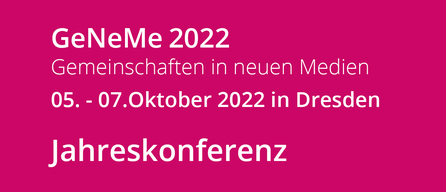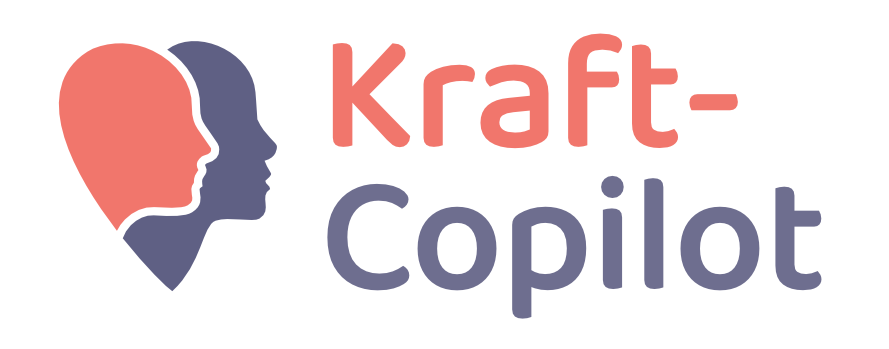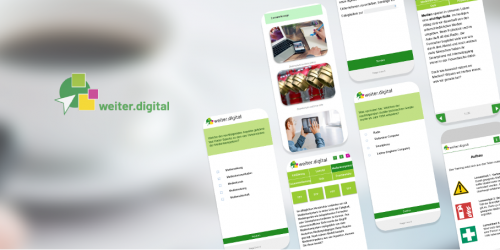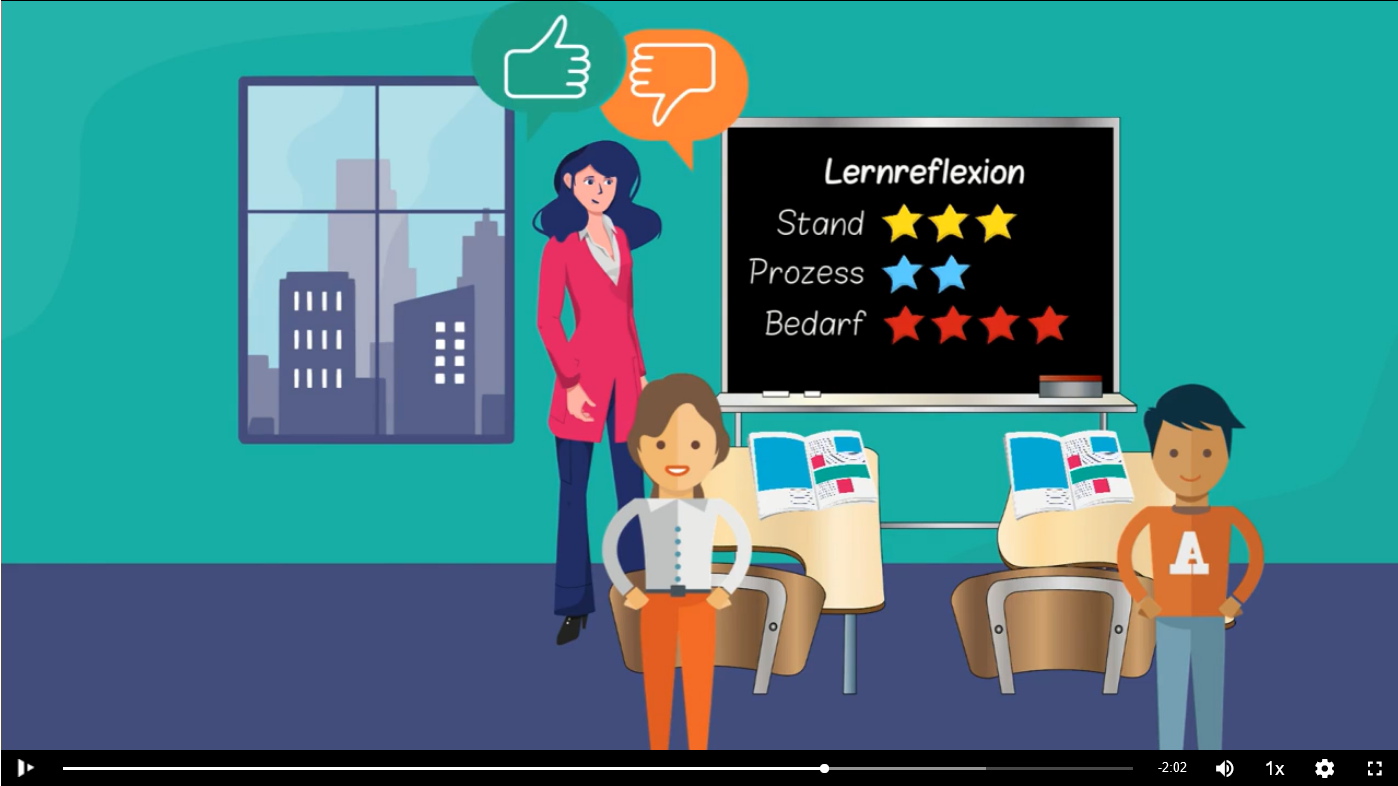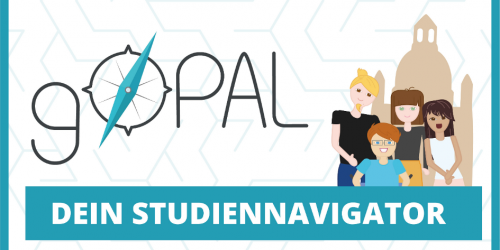Hopepunk, Skills Gap and Gasta – Keywords of the EDEN Conference in Dublin
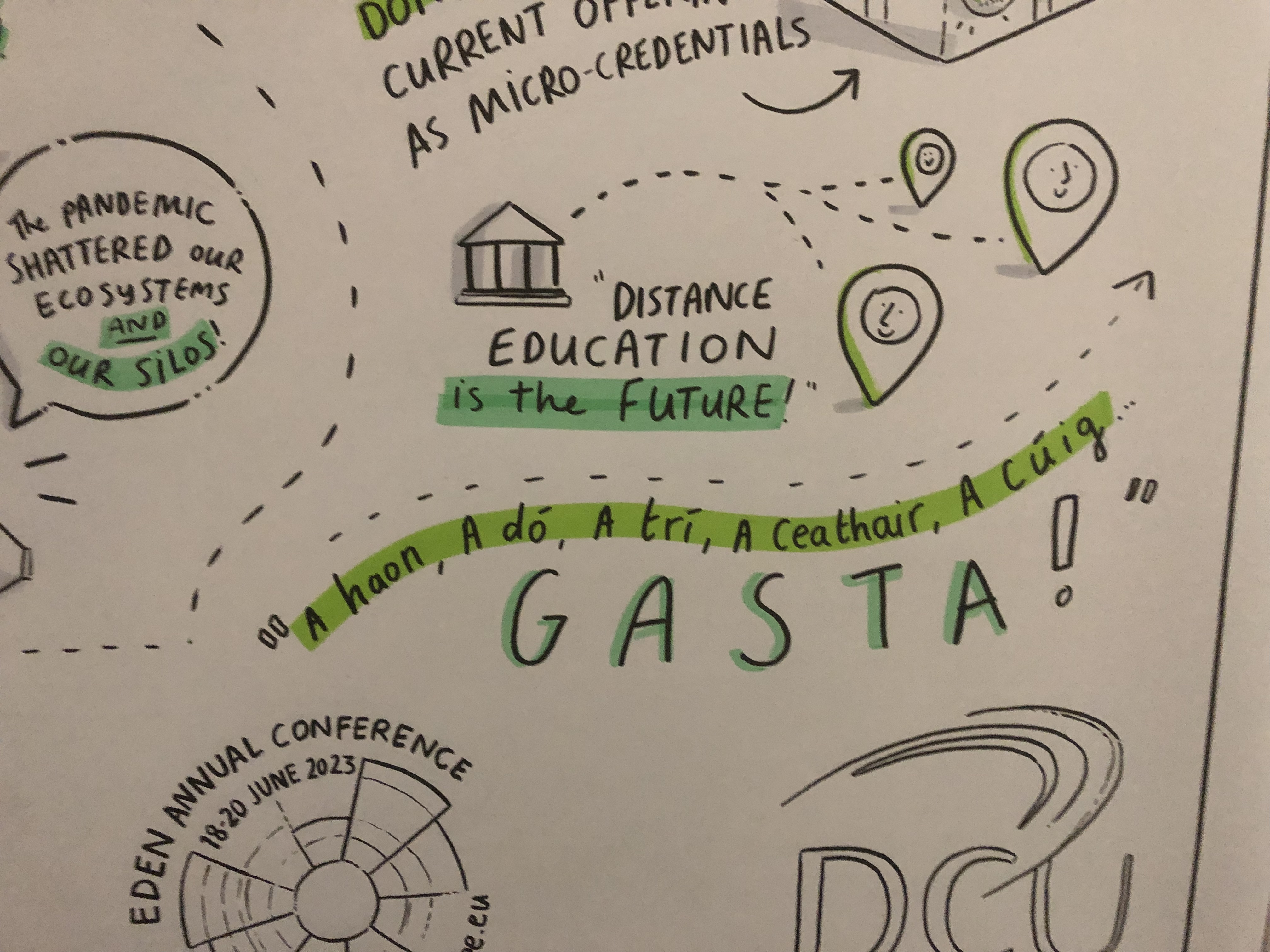 A hoan, A dó, A trí, A Ceathair, A Cúig – Gasta! From now on, you have 5 minutes to represent your own position or project. This entertaining format characterizes the EDEN Conference 2023 in Dublin in many ways: it was entertaining, hospitable, typical of the country and familiar in Dublin.
A hoan, A dó, A trí, A Ceathair, A Cúig – Gasta! From now on, you have 5 minutes to represent your own position or project. This entertaining format characterizes the EDEN Conference 2023 in Dublin in many ways: it was entertaining, hospitable, typical of the country and familiar in Dublin.
From 18.-20.06.23 the project MyEduLife with a contribution on the application of the ESCO standard in continuing vocational training. Fortunately, we had 15 minutes for our presentation and interested listeners. We found ourselves in good company with our topic, because the topics of lifelong learning, focus on labor market-relevant skills and skills gap were discussed in many contributions. We were able to make important contacts and learn that the application of the ESCO standard is also a desirable goal in Spain, Romania and other countries, even if some optimizations are still desired. The interest in exchanging experiences was correspondingly great. In particular, with projects from the Universitat Oberta de Catalunya, we were able to discuss the advantages and challenges of the European classification for describing skills, competences and occupations and network for a subsequent exchange. We are particularly excited about a more intensive insight into a prototype for the representation of ESCO skills in a dashboard for program planning (Skill Gap Analysis), which we have already arranged with our Spanish colleagues.

The topics of the EDEN conference were broad, with two main focuses being the lessons learned from the pandemic and the application of microcredentials. There was great agreement that we should move forward courageously, strive for visionary changes and not be deterred by setbacks. This was the motto that keynote speaker Rikke Toft Nørgard introduced right at the beginning of the conference: Hopepunk. This slogan created a common identity for the EDEN guests, all of whom want to set an example and make digitalized education fit for the future, true to the motto of the overall event: Yes we can! In the comprehensive program with 9 parallel sessions over two days, there were reports of experiences, empirical results and visions to be heard, in which the need for support for self-determined planning of individual learning paths became clear again and again for our project. The search for solutions for needs-based reskilling and upskilling of students and employees united a large number of the presentations. Suggestions came from the areas of microcredentials, career guidance apps and strategy development. In addition to digital skills that need to be taught, orientation towards the constantly and rapidly changing job market was emphasized. This confirms our project goals, which were also clearly identified as priorities in the European EdTech community.
 The hospitality of the host Dublin City University made the conference a thoroughly successful event. We will especially remember the appreciative moderation and the format of the Gasta Talk. Encouraged by a Gasta Master, the audience was involved in the introduction and conclusion of the 5-minute impulses by counting down the beginning and end of the presentation loudly and actively in Gaelic. Equally impressive was the generously organized evening event in the completely digital museum - the EPIC Emigration Museum. Located directly on the beautiful River Liffey, this provided an insight into Irish history and traditions and a short walk into the city center. This can be easily explored on foot via the Ha'penny Bridge - a historic bridge where tolls used to have to be paid - so that a few of Dublin's sights were also easy to discover. At the evening event, the best paper award was ceremoniously announced for a team from Italy on the learning potential of the computer game Minecraft, as well as the venue for the EDEN conference in 2024. TU Graz is inviting the community to Austria. We are working on gaining further insights into the educational organizational change processes with regard to labor market-oriented reskilling and upskilling in the context of lifelong learning. With this in mind, we say thank you Dublin and A Cúig, A Ceathair, A trí, A dó, A hoan, – Stop.
The hospitality of the host Dublin City University made the conference a thoroughly successful event. We will especially remember the appreciative moderation and the format of the Gasta Talk. Encouraged by a Gasta Master, the audience was involved in the introduction and conclusion of the 5-minute impulses by counting down the beginning and end of the presentation loudly and actively in Gaelic. Equally impressive was the generously organized evening event in the completely digital museum - the EPIC Emigration Museum. Located directly on the beautiful River Liffey, this provided an insight into Irish history and traditions and a short walk into the city center. This can be easily explored on foot via the Ha'penny Bridge - a historic bridge where tolls used to have to be paid - so that a few of Dublin's sights were also easy to discover. At the evening event, the best paper award was ceremoniously announced for a team from Italy on the learning potential of the computer game Minecraft, as well as the venue for the EDEN conference in 2024. TU Graz is inviting the community to Austria. We are working on gaining further insights into the educational organizational change processes with regard to labor market-oriented reskilling and upskilling in the context of lifelong learning. With this in mind, we say thank you Dublin and A Cúig, A Ceathair, A trí, A dó, A hoan, – Stop.
Authors: Jana Riedel, Lydia Stark

